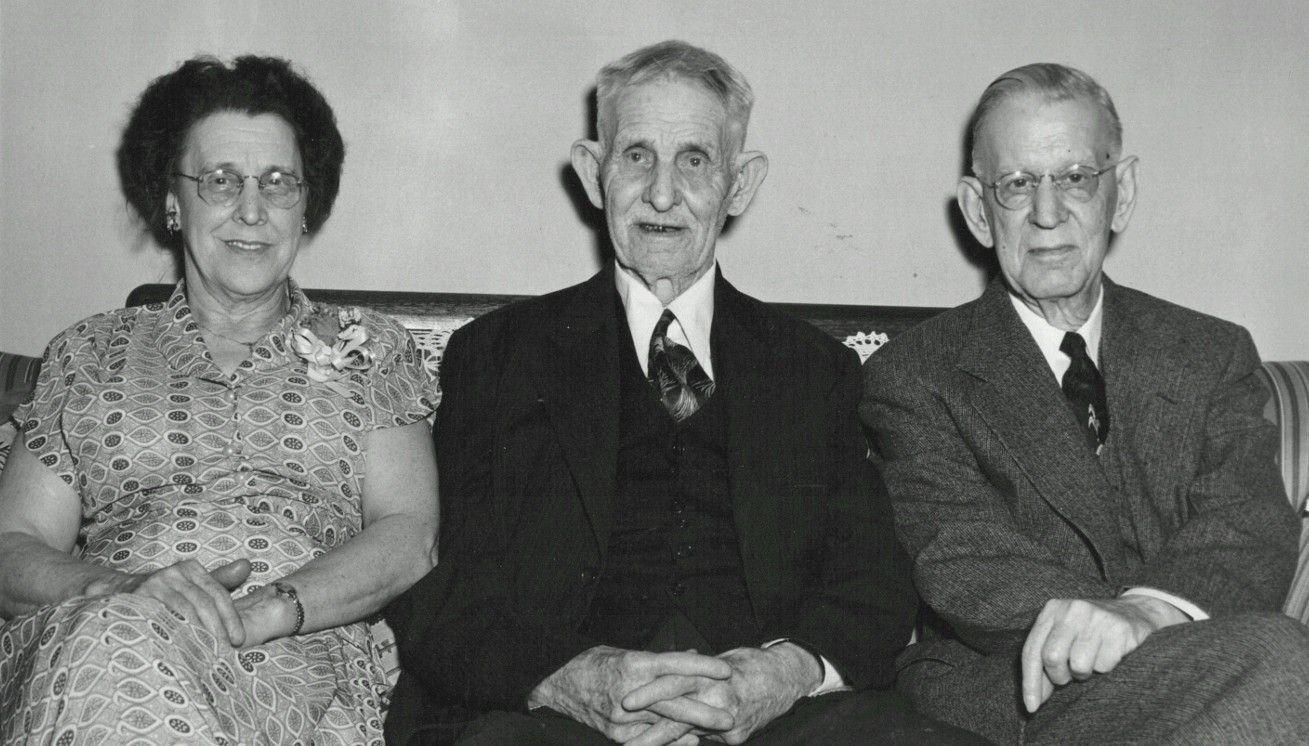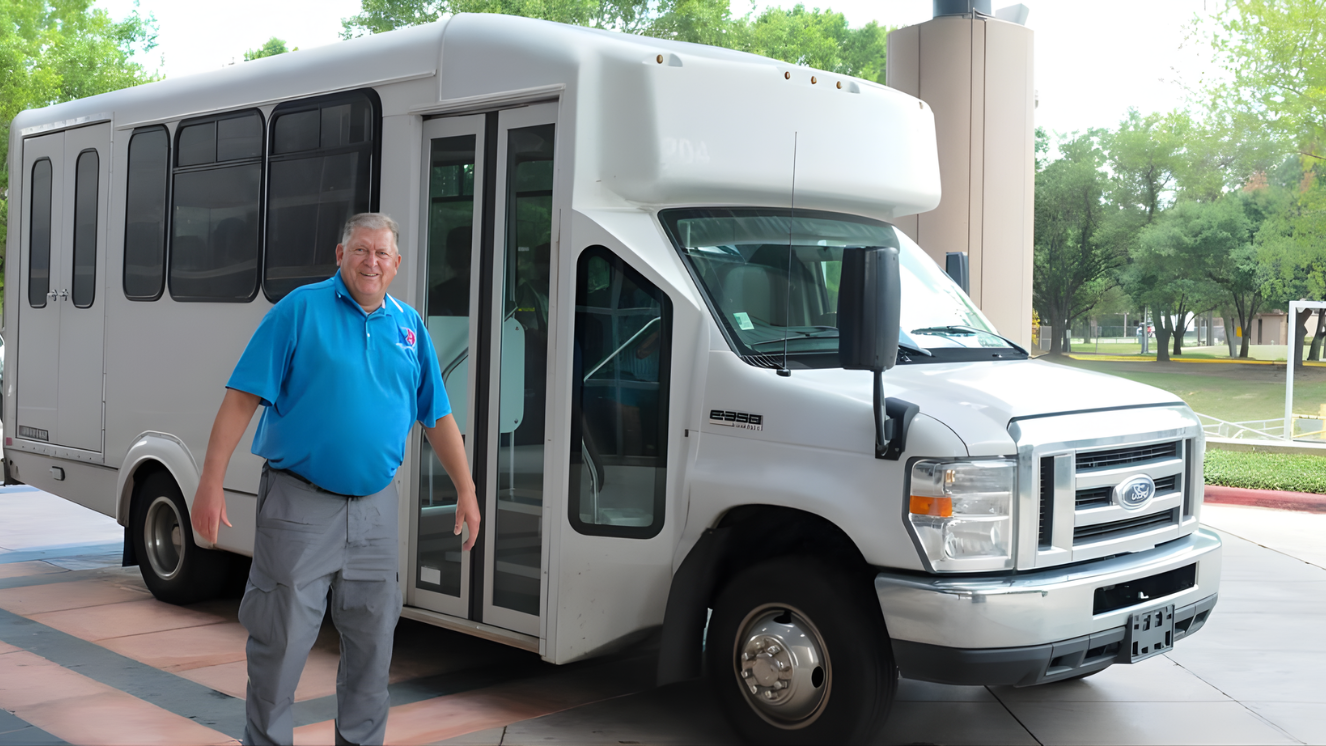HOW THE BATTLE OF THE ATLANTIC SAVED THE WORLD FROM AXIS POWERS
COMMENT
SHARE

When you think of World War II, there are a lot of battles and moments that can come to mind. The war was an exceptional one by all standards and spread violence throughout the Earth in a virtually unparalleled fashion. But for a while, Americans weren’t involved. Europe and Asia would know its wrath long before the U.S., yet eventually, America would enter the fight. It’s pretty common knowledge that this was a result of the Japanese attack on Pearl Harbor, yet long before, America found itself involved in the Battle of the Atlantic. This epic fight involved many different nations for virtually the entirety of WWII, and had it been lost to the Germans, who knows what language this webpage might be in today? Read next:The D-Day Vet That Went MIA and Joined the French Resistance
Who Won the Battle of the Atlantic?
The Allies won the Battle of the Atlantic; however, it came at a steep cost. Around 3,500 merchant ships for the Allies, equating to 14.5 million gross tons of supplies, 175 Allied warships, and 72,200 seamen (both civilian and military) were lost in the conflict. Even as America chose the path of not getting involved, conflicts began to emerge as German U-boats were attacking both military and civilian ships. This included American and Canadian ships that were conducting lawful trade. Obviously, such attacks and even a blockade continued as military operations became the focal point of such convoys.
The Americans Begin Getting Involved
Atlantic naval battles in WW2 didn’t involve Americans at first, or at least, they weren’t the focal point. After all, the objective of the Axis powers was to stifle the naval capabilities of Britain and France. In these endeavors, it's arguable to say the Axis wasn't successful at best. Even the Royal Canadian Navy got involved using new naval technology that would still find itself facing a more-than-capable Axis side that was, at first, dominant thanks to German U-boats and Italian support. But as with many errors committed by the Axis powers, they would do too much, leading to their own demise. Specifically, they sunk multiple ships belonging to America, prompting an increased military presence. Even before we officially entered, the U.S. was among those who fought in the Battle of the Atlantic.
WWII Supply Chain Issues
Controlling Atlantic sea routes was a major component for the Axis powers, especially at the beginning of the war. The ultimate goal was to have a blockade, establish a presence throughout the ocean, and be able to freely move across the water. It also meant destroying supplies coming in and harming other nations’ economies. British Prime Minister Winston Churchill even feared that control of the Atlantic was the key to Nazi Germany succeeding. France fell, and Britain was unable to keep up. U-boats were a deadly force, and air power was also an advantage for the Axis powers. The Mediterranean Sea provided access to the Suez Canal; however, Italy joining the Axis, as well as German control, meant British ships had to go around the Cape of Good Hope. This was a detrimental blow to getting supplies through for the Allies. Additionally, while America had yet to officially join, the United States provided Britain with more than 50 World War I destroyers in exchange for 99-year leases to establish bases in Bermuda, throughout the Caribbean, and in Newfoundland. Once the Americans entered the Battle of the Atlantic after entering WWII, German forces would begin exploiting the lack of defense the U.S. had to protect ships off of the American East Coast.
The Battle of the Atlantic Changed the World
Sometimes, things just line up. There were several bits of good timing throughout the Battle of the Atlantic that would help ensure success for the Allies:
- Canada’s air and naval efforts were improvising and helped make a guarded convoy possible.
- War with Russia would take the focus away from the Atlantic for the Germans.
- Anti-submarine technology proved effective, and America entered the war full-force. With its entry, an increase in its fleet meant a stronger show of force.
This would come in multiple forms, including aircraft carriers which would help increase Allied presence in the air as well as on the water. Over the years, technology improved, and American ingenuity, along with the support of our allies, would prove to be the difference. It’s impossible to know every little detail about the fabric of time. A host of “what if’s” come to mind when looking at history, but one thing remains for sure: Without the Axis falling, the landscape of Europe, and possibly America, would look a lot different. We don’t live in a perfect world. There are still some ignorant enough to believe the Holocaust is made up or hate others based on skin color, creed, etc. But we do live in a better world with the fall of the Nazi regime. The Battle of the Atlantic had a heavy hand in making that possible. Suggested read:The Truth Finally Revealed: Who Killed Hitler?
Image: Official U.S. Coast Guard photograph from the collections of the National Archives.
Join the Conversation
BY BUDDY BLOUIN
Buddy Blouin is a Contributing Writer at VeteranLife.com
Buddy Blouin is a Contributing Writer at VeteranLife.com



